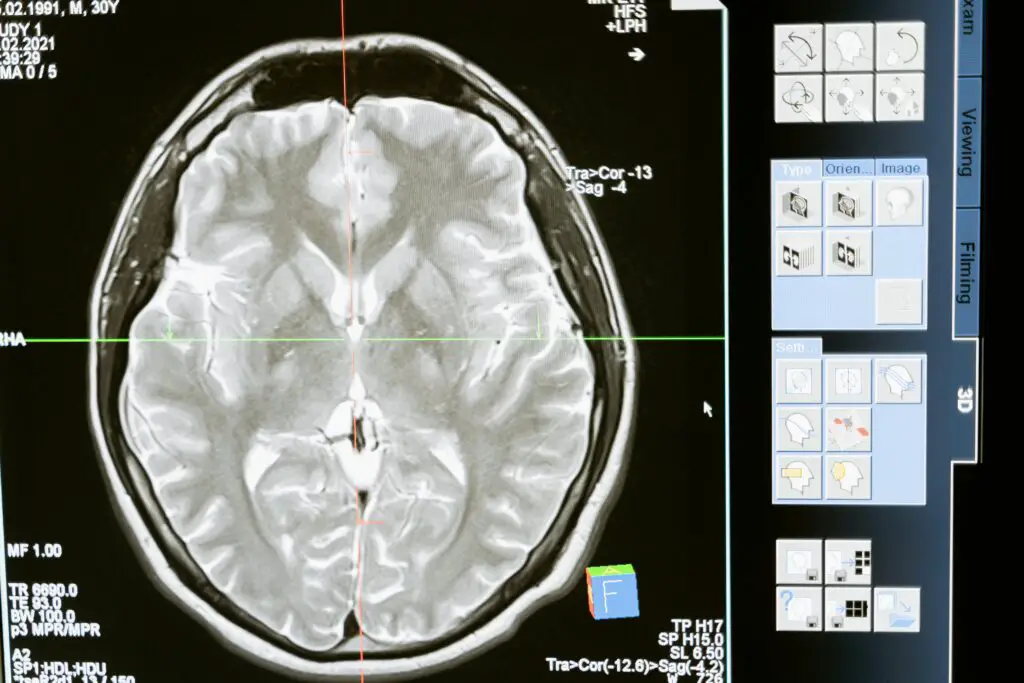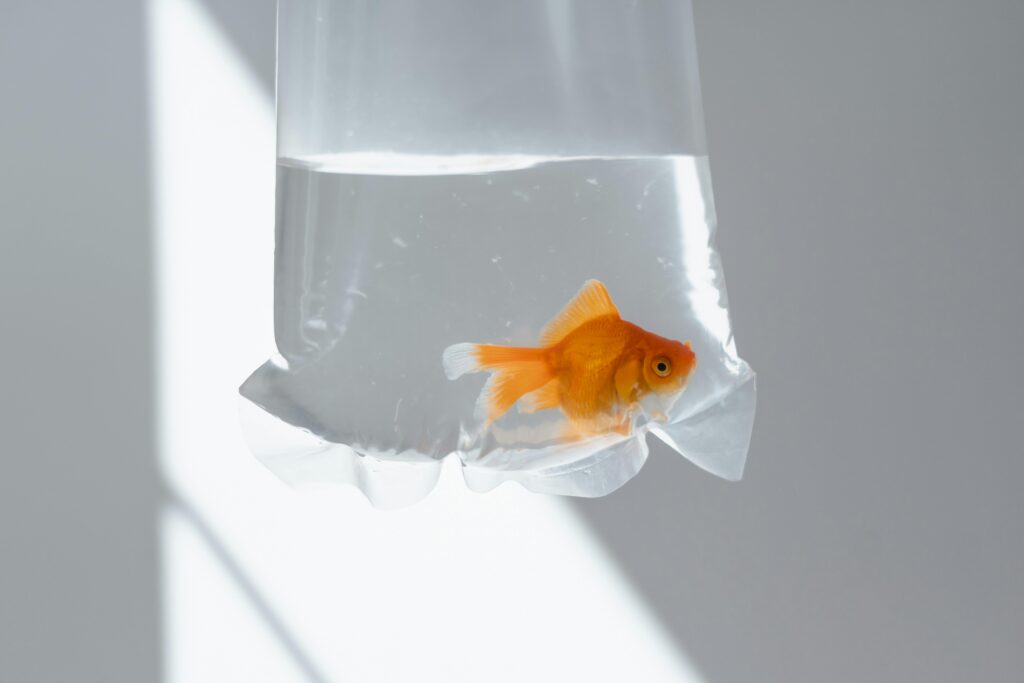1. Microwaves Kill Nutrients in Food

Many people believe that microwaving food strips it of nutrients, making it a less healthy option than other cooking methods. However, this isn’t entirely true. Microwaving can actually preserve nutrients better than other forms of cooking, such as boiling, because the food cooks in a shorter amount of time and uses less water. In fact, the high heat in some cooking methods can destroy nutrients like vitamin C and B vitamins, but microwaving can help retain them.
The key to preserving nutrients when using a microwave is to avoid overcooking your food. Just as with any other cooking method, overcooking can cause a loss of vitamins and minerals. So, next time you pop your leftovers in the microwave, don’t worry too much about nutrient loss—it’s all about timing!
2. Cracking Your Knuckles Causes Arthritis

For decades, people have been warning that cracking your knuckles leads to arthritis. The sound you hear when you crack your knuckles comes from the bubbles in the synovial fluid of the joints, which rapidly collapse and create a popping noise. Despite the persistent myth, research has shown no direct link between knuckle cracking and arthritis.
In fact, some studies suggest that the act of cracking your knuckles may even have some benefits, such as reducing joint tension and increasing flexibility. The popping noise is just a harmless side effect, and as long as it’s not accompanied by pain or discomfort, it doesn’t pose a threat to your joint health.
3. Shaving Hair Makes It Grow Back Thicker

One of the most common misconceptions about shaving is that it causes hair to grow back thicker and darker. While it may seem like your hair grows back faster and coarser after shaving, it’s just an illusion. When you shave, you cut the hair at an angle, which can make it feel sharper and more noticeable as it grows back.
Shaving doesn’t affect the root of the hair or its thickness, so the idea that it causes hair to grow back thicker is simply not true. Hair growth is determined by genetics and hormones, not by the act of shaving itself. So, there’s no need to worry about having a thicker beard or hair just because you decided to shave!
4. We Only Use 10% of Our Brains

The myth that we only use 10% of our brains has been around for decades, but it’s not based on scientific facts. Brain imaging studies show that virtually every part of the brain has a known function and is active at some point during the day. While we may not be consciously aware of all the processes happening in our brain, that doesn’t mean large sections are inactive.
The brain is a highly efficient organ, and even when we’re resting, various regions of the brain are working behind the scenes, helping with things like regulating bodily functions, memory, and emotions. So, the idea that 90% of our brain is “unused” is not just a myth—it’s a misunderstanding of how our brains actually work.
5. Eating Late at Night Leads to Weight Gain

It’s a common belief that eating late at night causes weight gain, but the truth is more complicated than that. Weight gain occurs when you consume more calories than you burn, regardless of the time of day. While it’s true that late-night snacking can lead to overeating or poor food choices, it’s the overall caloric intake that matters most.
The timing of your meals doesn’t have as much of an impact on weight as some might think. If you can maintain a healthy balance of calories and nutrients throughout the day, eating a snack before bed won’t necessarily lead to extra pounds. The key is moderation and choosing healthy foods, no matter what time you eat them.
6. Goldfish Have a Three-Second Memory

A lot of people believe that goldfish have a memory span of only a few seconds, but research has debunked this myth. Goldfish can actually remember things for months, not just a few seconds. Studies have shown that they can be trained to perform tasks, recognize their owners, and even navigate mazes, demonstrating their impressive memory capabilities.
In fact, goldfish have complex cognitive abilities and can learn to associate certain actions with rewards, much like other animals. So, the next time you see a goldfish swimming around, remember that they’re not as forgetful as they’re made out to be!
